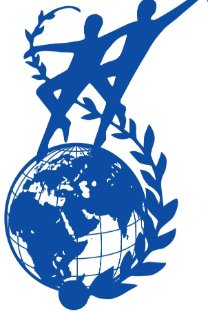GOTSE DELÇEV (NEVROKOP) VE YÖRESİ TÜRK GELENEK VE GÖRENEKLERİ
Üzerinde duracağımız konuyla Nevrokop Türklerinin günlük hayatına, halk kültürü sorununa değinmek istiyoruz. Önümüzde duran niyet ve amaçlarımızı gerçekleştirmek için saha çalışmaları yaptık, malzeme derleyip topladık. Bölgedeki Türkler arasında yaşayan ve yaşatılmaya çalışılan şu gelenekler saptanmış ve ele alınmıştır: Çocuk doğum ve gelişmesi ile ilgili adetler. Ad Koyma. Lohusayı ziyaret etme. Çocuğu ve lohusayı koruma amacıyla alınan tedbirler ve bununla ilgili adetler. Sütten Kesme. Çocuğun gezmeye başlamasıyla ilgili adetler. Diş mısırı. Çocuk dili. Çocukları korkutmak için söylenenler. Çocuk tekerlemeleri. Çocuk bilmeceleri. Sünnet. Genç kızların iyi bir ev hanımı olarak yetiştirilmesi. Evlilik. Evlenecek gençlere kız isteme. Nişan takma. Çeyizin güvey evine götürülmesi. Kına gecesi. Gelin alma. Halk dansları. Beslenme gelenekleri. Özel günler ve töresi yemekleri. Aşure pişirme geleneği.
Gotse Delchev (Nevrokop) and Area of Turkish Customs and Tradıtıons
In southwestern Bulgaria, Blagoevgrad province and formerly known as Nevrokop Gotse Delchev, Mesta (Karasu) in the valley of the Rhodope mountains Pirin translated there.Nevrokop we will emphasize the issue of the daily life of Turks, would like to mention the problem of folk culture. Goodwill and standing in front of us to realize our goals have made field studies, compile materials were collected. The following traditions of the Turks was investigated. Our study investigated the following Turkish traditions: Gotse Delchev region in the Turkish villages and Turkish family. Rituals related to birth and development of children. Name setting. Puerperal to visit. The measures taken to protect the child and maternity and related customs. Weaning. Rituals related to the child began to ride. Been told to frighten children. Child rhymes. Children's puzzles. Young girls in the training of a good housewife. Marriage. Ask you to marry young girls. Engagement aliases. Taken to groom's house trousseau. Henna night. Folk dances. Nutritional traditions. Etiquette dinners and special occasions. Ashura, the tradition of cooking.
